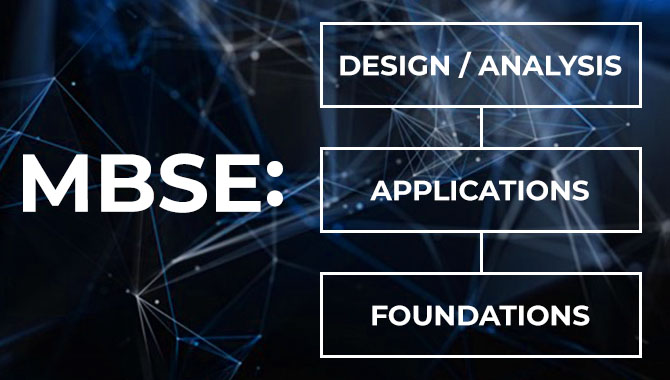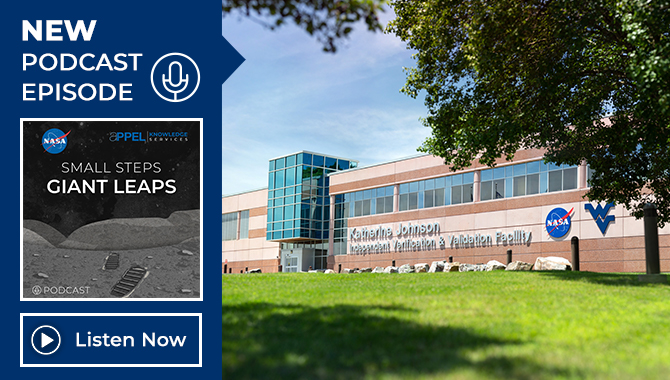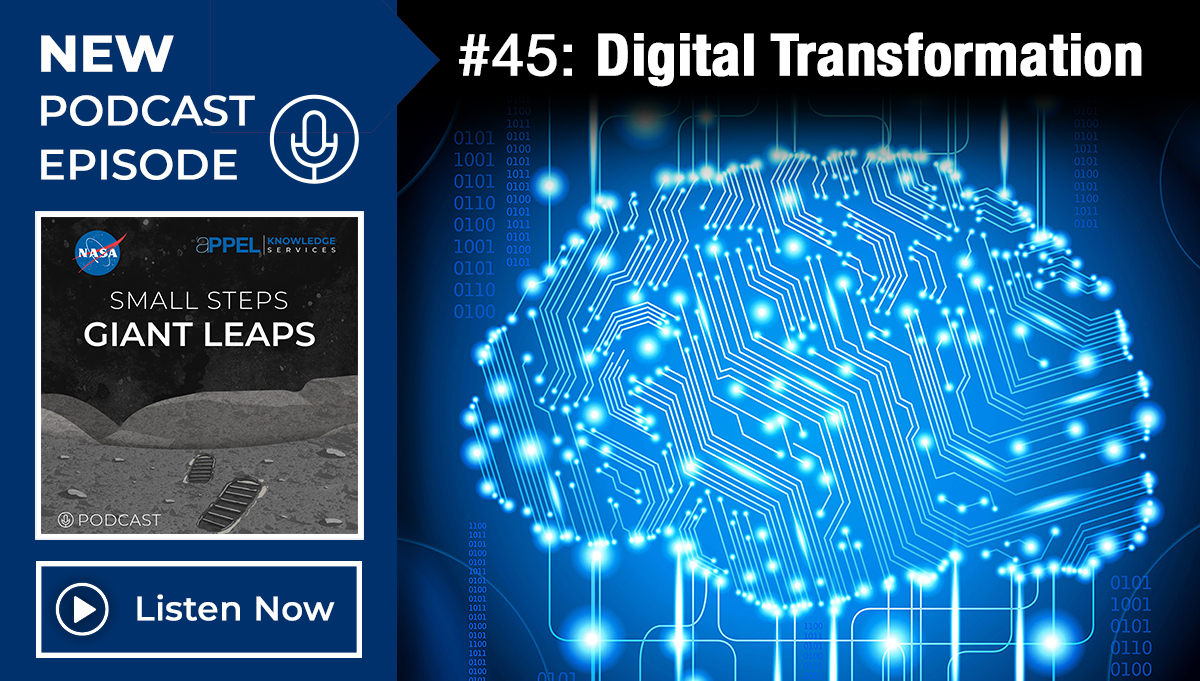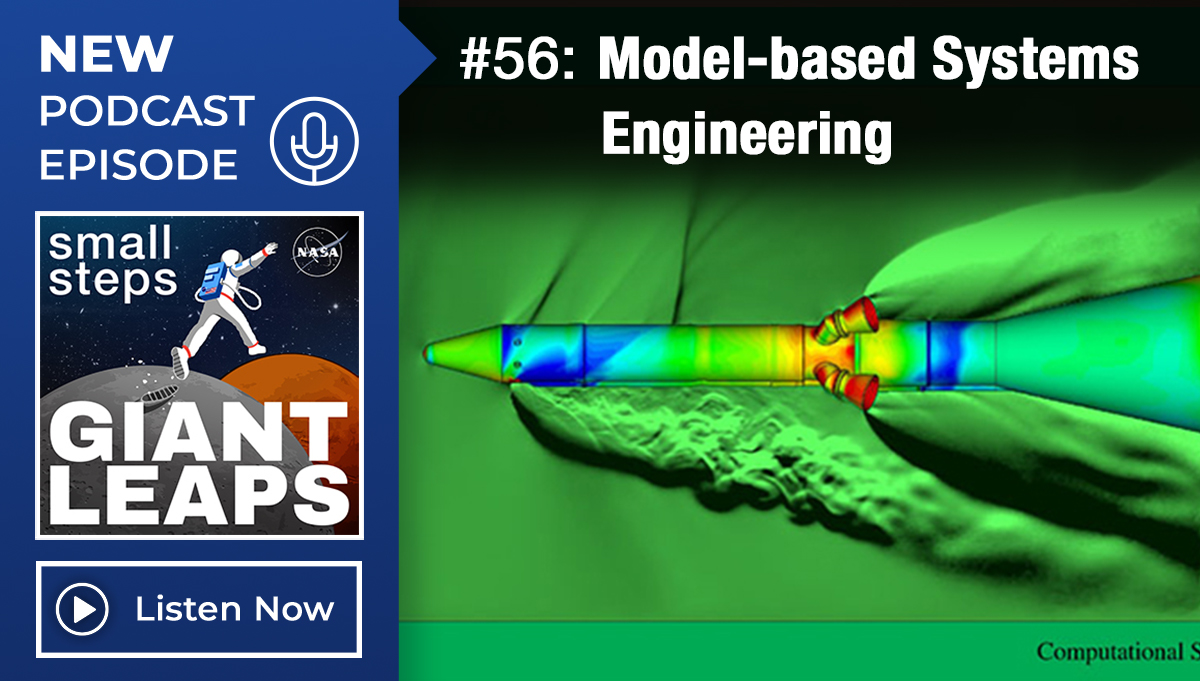
Three new APPEL Knowledge Services courses help NASA’s technical workforce understand the benefits and applications of Model-Based Systems Engineering (MBSE).
Today’s aerospace systems are highly complex. System complexity makes it difficult to manage all the moving parts because there are many places where things can go wrong. The more complex the system, the harder it can be for those involved to maintain an overview of systems while also being able to drill down into the details as issues arise. Using documents to track systems progress can exacerbate the problem because updates on one document may not be easily shared with the entire team in a timely manner. This can lead to miscommunication, which in turn may be associated with schedule and cost overruns.
That’s where MBSE comes in. MBSE is not a tool to performsystems engineering. Rather, it involves applying software-based tools to capture systems engineering evidence—typically called “artifacts”—in a systematic, disciplined way that allows people to manage complexity while communicating effectively across the life cycle of a system. MBSE is designed to support a team’s systems engineering processes by connecting system relationships, controlling system configurations, and communicating an overall system site picture that all stakeholders can access. By utilizing MBSE, team members can more easily integrate disparate material while reducing time and effort. Furthermore, it ensures the entire team is working with the same up-to-date information at all times, eliminating problems with version control. This can have a positive impact on cost and schedule.
As MBSE emerges as an important tool in managing systems engineering projects, NASA teams are exploring how it might support their efforts. To assist them, APPEL Knowledge Services has developed a series of courses within the Systems Engineering/Engineering category that are designed to help teams understand the value and uses of MBSE. Although there are many different software methods for employing MBSE, the APPEL Knowledge Services courses do not advocate a single software tool. Instead, the courses utilize an intuitive web-based software selected to familiarize participants with how to think about MBSE and how teams can get the most out of using it. Practitioners and their teams can then apply their learnings to the software tool of their choice.
APPEL Knowledge Services offers three courses in the MBSE series:
This one-day course gives practitioners a broad overview of the processes, practices, tools, and techniques that comprise the MBSE discipline. It focuses on the key value propositions of MBSE—Capturing, Connecting, Controlling, Communicating, Collaborating, and Cycling—with specific examples as well as lessons learned from applications in both NASA and commercial projects.
A two-day course, Applied MBSE begins with a broad overview and then takes practitioners’ understanding farther by focusing on the application of MBSE. It examines the use of MBSE to support all 17 processes that form the NASA systems engineering “engine” across the program/project life cycle and features hands-on exercises to familiarize practitioners with MBSE tool use and application in a practical context.
For practitioners who desire a deep dive into the subject, this three-day course takes a step-wise approach to addressing the “why?” “what?” and “how?” of MBSE. It lays the foundation with a broad overview of MBSE, including its application for both team members and model developers. The course then delves into modeling languages so that participants can investigate various approaches (such as SysML) and examine key elements of syntax and application. Through hands-on exercises, attendees explore the practical uses of MBSE tools, with an emphasis on working with various models (importing, exporting, and reusing) to fully comprehend the applications and benefits of model simulations.
“Our courses help practitioners understand MBSE and its relationship to traditional systems engineering practices,” said Ramien Pierre, APPEL Knowledge Services Engineering Curriculum Lead. “The goal is to help them learn how MBSE can be an efficient tool for creating systems engineering artifacts, which in turn enables unambiguous communication between everyone involved because all team members are working from the same truth—the identical, up-to-date information—throughout the project.”
Practitioners interested in finding out how MBSE might support their work are encouraged to visit the APPEL Knowledge Services Course Catalog to learn more about the MBSE course series. By visiting the individual pages for Foundations of MBSE, Applied MBSE, and Model-Based Systems Engineering Design and Analysis, they can watch video introductions to each course, discover who will benefit from attending each course, and find out exactly what they will learn.









